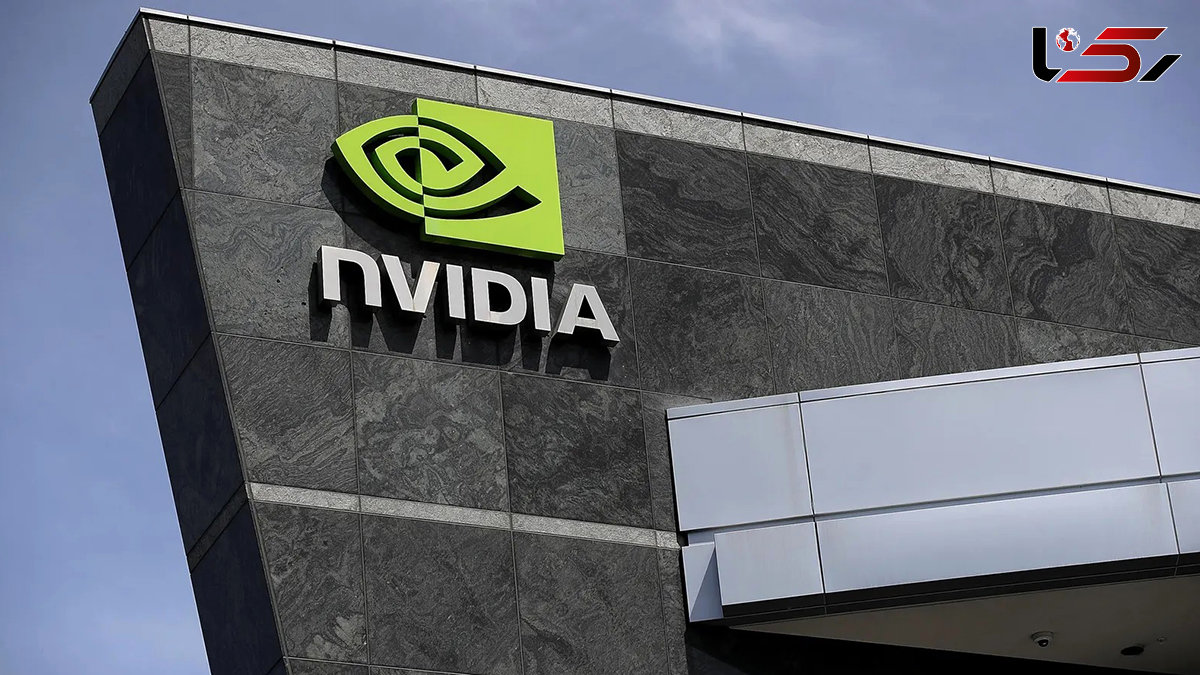“China Accuses Nvidia of Anti-Monopoly Violations, Heightening US-China Trade Tensions”
Rokna Political Desk: China has intensified its trade dispute with the United States, accusing US tech giant Nvidia of violating anti-monopoly laws, a move that could escalate tensions amid ongoing negotiations over artificial intelligence and semiconductor exports.

According to Rokna, citing CNN, China has significantly raised tensions in its trade standoff with the United States by claiming that Nvidia, the most valuable US company and a leading supplier of AI chips, has breached Chinese anti-monopoly regulations.
The announcement of the preliminary findings by Chinese regulators comes as US and Chinese officials conduct the fourth round of trade talks this week in Madrid. Leading the American delegation, Treasury Secretary Scott Bessent described discussions as progressing “well” despite the tense backdrop.
Earlier this week, the US Commerce Department added two Chinese semiconductor companies, GMC Semiconductor Technology Co. and Jicun Semiconductor Technology, to its Entity List, prohibiting them from acquiring US semiconductor technology. This move, alongside China’s recent statement against Nvidia, highlights the ongoing tit-for-tat measures between the two economic superpowers.
The dispute is rooted in national security concerns, as both China and the United States view artificial intelligence and its underlying chips as strategically crucial. While China’s AI technology currently lags behind the US, authorities there are rapidly advancing their capabilities.
The current tensions follow a deal brokered last month under the Trump administration, in which Nvidia and AMD agreed to pay 15% of their semiconductor revenues from China in exchange for export licenses for limited, high-performance versions of their chips. This agreement aimed to balance US technological leadership with commercial access to the Chinese market.
Nvidia CEO Jensen Huang, who negotiated the deal with Trump, has since become a frequent White House visitor and is scheduled to meet the former president during his upcoming trip to the United Kingdom.
It remains uncertain whether China will impose penalties on Nvidia. The State Administration for Market Regulation stated it would conduct a further investigation, building on an initial probe launched in December. Nvidia was reportedly found to have violated conditions tied to China’s conditional approval of its 2020 acquisition of Israeli chip designer Mellanox Technologies. Specific details of the violations were not disclosed.
Following China’s announcement, Nvidia shares fell 1.4% in premarket trading. The H20 AI chip, released last year to maintain access to the Chinese market—which accounted for 13% of Nvidia’s 2024 sales—has also sparked security concerns in China, even after Trump’s administration allowed certain exports.
Despite the uncertainty over regulatory acceptance, Chinese firms are believed to be obtaining these chips through alternative channels, potentially fueling advanced AI initiatives like DeepSeek, a model that surprised Silicon Valley analysts with its capabilities earlier this year.
The latest developments underscore the complexities of US-China trade relations in high-tech sectors and signal that both countries remain vigilant in protecting their AI and semiconductor interests. Analysts note that the situation could have broad implications for global technology supply chains and future trade negotiations.
Send Comments